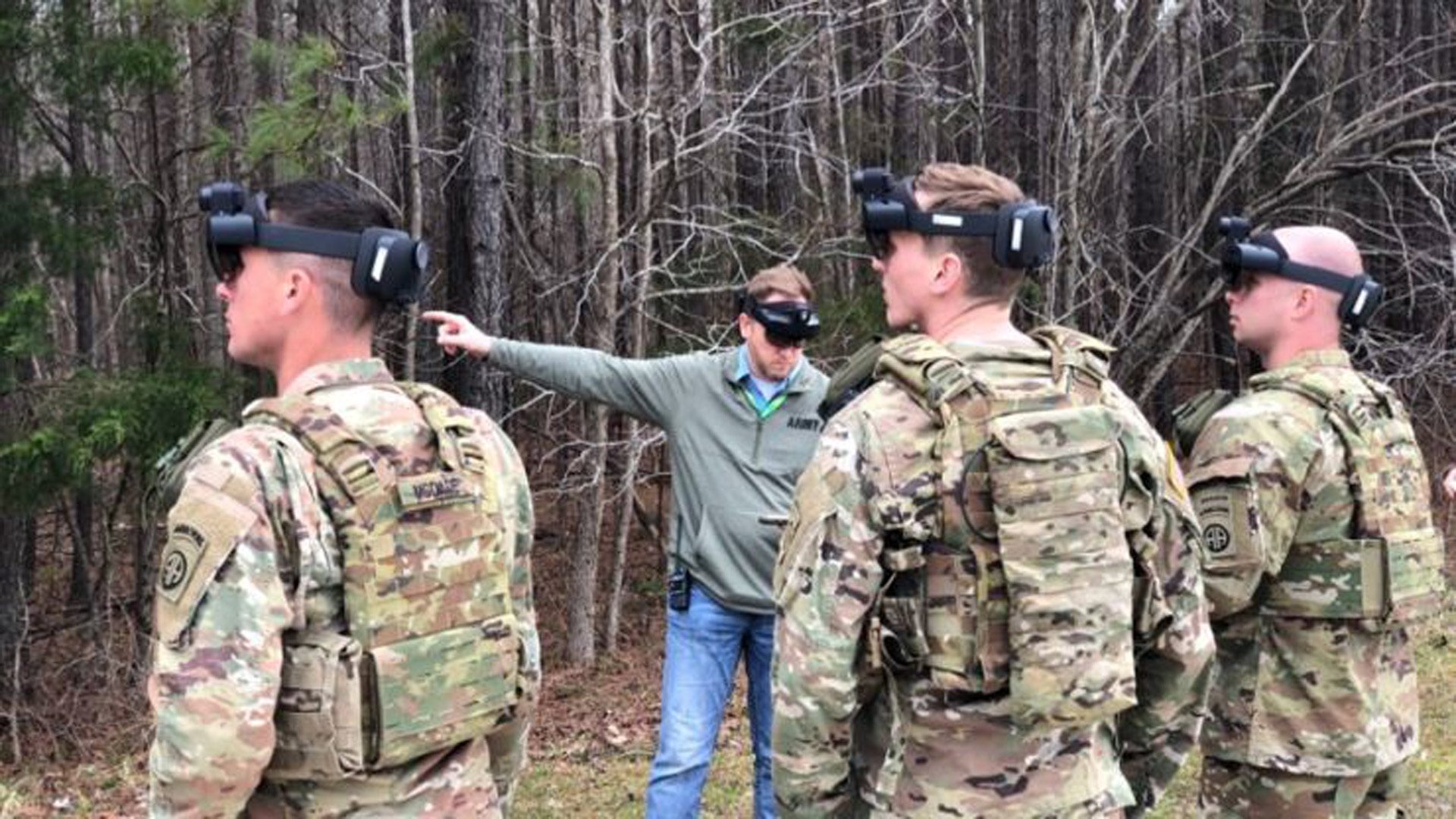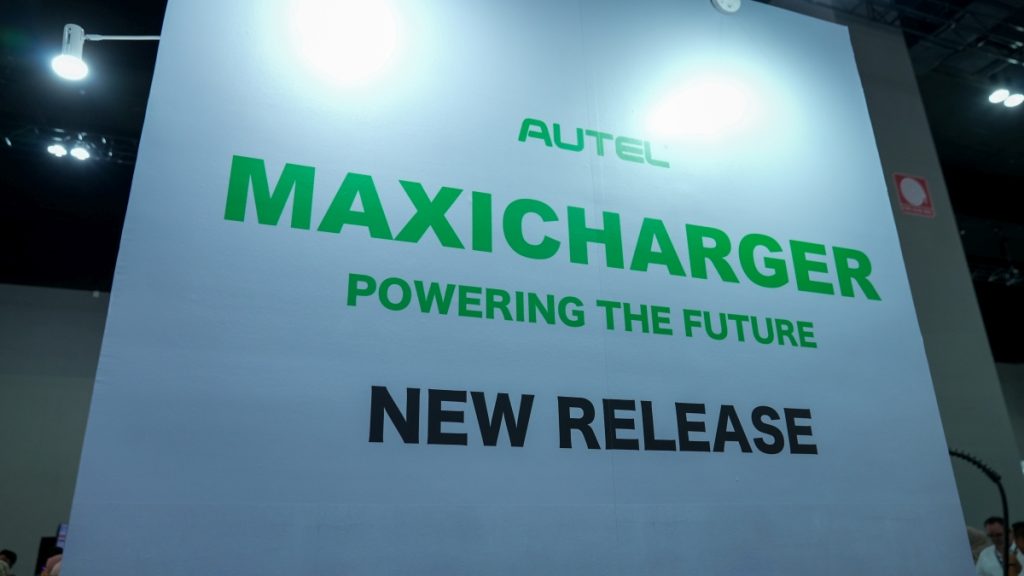Palmer Luckey’s defense company Anduril is taking over Microsoft’s beleaguered Integrated Visual Augmentation System (IVAS) program, which seeks to produce battlefield AR headsets for the United States Army.
Although couched as a “partnership” of sorts, Anduril says the deal—still pending Department of Defense approval—includes assuming oversight of production of IVAS, including future development of hardware and software, and delivery timelines.
Microsoft Azure will also serve as Anduril’s preferred cloud for AI workloads, which the firms say will ensure “high resiliency, sophisticated capabilities, flexibility and advanced security.”
According to information obtained by Breaking Defense, Anduril could be tasked with producing a limited number of the latest IVAS devices designed by Microsoft ahead of possible cancellation of the contract.
Taking over the production also potentially gives Anduril valuable time to work with Army leaders on the program, essentially allowing Luckey’s defense company a head start on competing in IVAS Next, which re-opened the bidding process to other companies on February 11th.
Since the U.S. Army defense contract was awarded in 2019—worth up to $22 billion— Microsoft has faced an uphill battle to ruggedize and adapt the HoloLens 2-based platform to soldiers’ needs.
Early U.S. Army reports maintained the militarized AR headset suffered a host of issues during its prototyping stage, including early reliability issues, user discomfort, difficulties slimming down the form factor, and low field-of-view, which has stymied the project from scaling up to full deployment.
As reported by Inside Defense, IVAS Next’s initial request for information from January 22nd asked applicants how their solutions enabled human-machine integration while mitigating nausea and visual discomfort—largely seen as major issues plaguing Microsoft’s various iterations.
This follows a prior deal to integrate Anduril’s Lattice AI platform into Microsoft’s IVAS, announced in September 2024. Both firms emphasize AI’s role in national security, noting Lattice will provide “rapid AI-enabled situational awareness capabilities to enhance soldier safety and operational effectiveness.”







